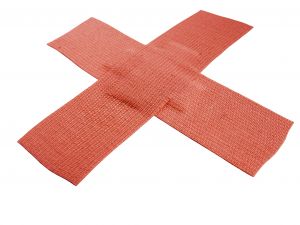Used Medical Laser Financing
/Once you have found the used medical laser you want to buy, you have three ways to pay for it:
- Cash. Need we say more? Money talks, you know-what walks. If you can close quickly on a laser purchase you can normally negotiate a larger discount. Cash is the fastest way to close on anything and can save you significant dollars if you have it available to buy a laser. If you have the liquidity, you can bring down the price by promising to pay same day or next day. The ability to buy quickly from the seller always gets their attention and is an excellent way to save money.
- Credit Card / PayPal. Not all laser brokers accept credit cards, but if they do, this is the safest way to go because you can dispute a charge if you’re having trouble with the laser or it isn’t what you were promised. Always ask the laser broker if you can pay by credit card. If you can’t pay the entire amount, perhaps you can pay some percentage of the payment with a credit card, sometimes up to 25 – 50%. In my opinion any reputable used medical laser broker should accept credit cards for all medical laser purchases. It is one of the key ways of showing they are reputable and that they stand behind the lasers they sell.
- Third Party Leasing. You will typically pay a higher rate of interest if you choose to finance a used laser, in upwards of 12 to 18%. You need to personally guarantee most laser leases, which isn’t fun, and you normally can’t pay off the lease early without a prepayment penalty. You need to carefully review any type of lease agreement, especially for pay-off terms. Ideally you would like to have a lease that is similar to a loan in which you can pay it offer early without any interest penalties.
It can be difficult to secure a lease, especially with the tightening credit markets. Capital equipment makers, who had seen aggressive growth and comfortable margins before the economic slowdown, were hit hard when tight credit left few physicians available to buy big-ticket items.






